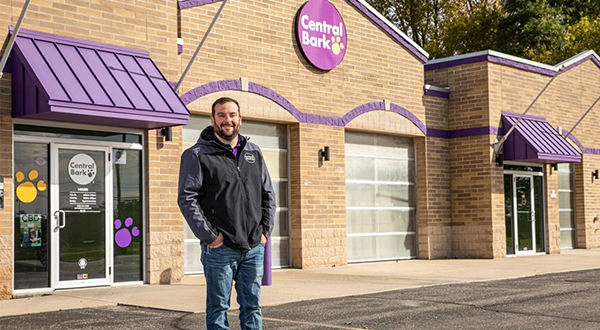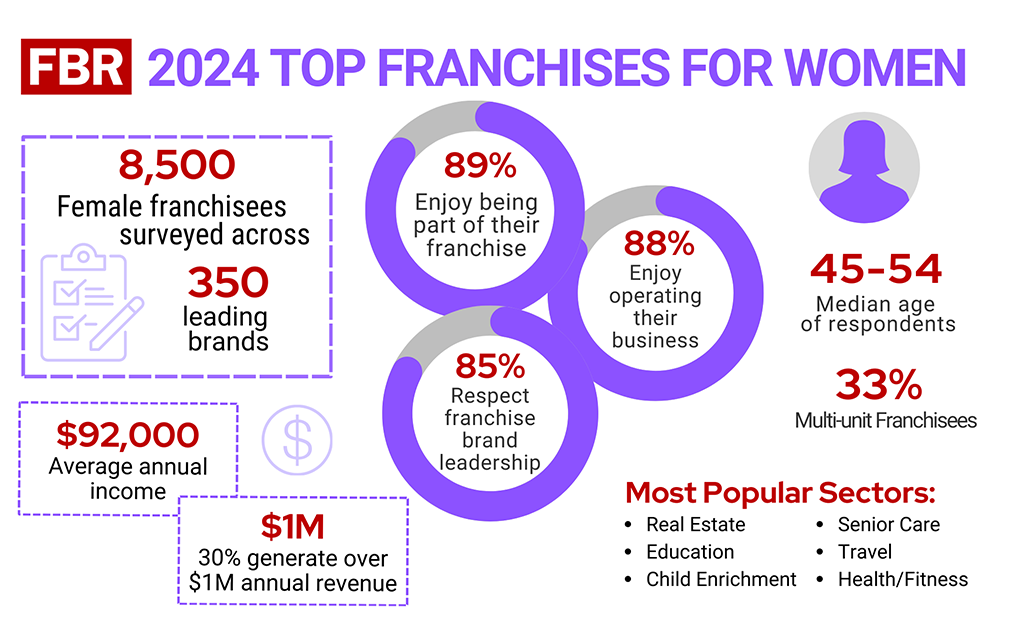According to recent numbers from FRANdata, there are approximately 43,230 multi-unit franchise operators in the U.S., controlling more than half (53.9%) of all franchised units in the country. Becoming a multi-unit franchise owner requires not only the ability to grow, manage, and lead teams but also access to the capital needed to purchase additional franchise units.
“Entrepreneurs aspiring to become multi-unit franchise owners need more than just a franchise financing solution; they need expert guidance. At Benetrends Financial, we are focused on being an integral cog in the franchising wheel. We’re in the business of empowering dreams and turning entrepreneurial aspirations into realities,” said Michael Minitelliis, Senior Vice President of Business Development for Benetrends Financial.
There are a few significant differences in financing a multi-unit franchise versus a single unit, though many of the same financing solutions will work for both. Aside from the usual cash, credit cards, or even asking for financial support from family and friends, the most common methods used to finance multi-unit franchise purchases include loans from the Small Business Administration, 401(k) business financing, unsecured loans, and portfolio loans.
Here’s what you need to know if you want to finance multi-unit franchise growth.
SBA Business Loans for Multi-Unit Franchise Owners
Loans from the Small Business Administration (SBA) are one of the most popular financing methods for business owners of all kinds, from start-ups to franchises. SBA business loans are not directly from the SBA. Rather, the SBA encourages banks to lend to small business owners with preferable terms and low interest rates. In return, the SBA covers 75 to 85 percent of the loan for the bank if the loan defaults. This creates a win-win situation for both the lender and the borrower.
When it comes to multi-unit franchises, SBA lenders usually look at each individual unit and also at the collective performance of all the units. Most lenders want to see at least two years of profitable tax returns with the initial business prior to applying for funding for another location. The sooner the business becomes profitable, and the stronger a borrower is, the more flexible lenders are. For example, if the borrower shows a strong credit score, has prior business experience in the industry, and is able to put down a significant down payment (more than 20 to 30 percent), the bank may be willing to approve funding for more than one location simultaneously.
SBA Loan Eligibility Requirements
- 20 percent down payment for an existing business purchase or 30 percent for a start-up
- 640+ credit score
- Personal collateral required
- Industry experience preferred
- Secondary income preferred
401(k) Business Financing for Multi-Unit Franchise Owners
With 401(k) business financing (formally known as Rollovers for Business Start-ups or ROBS), you can use up to 100 percent of funds from an existing retirement account to buy or start a small business or franchise without taking a taxable distribution or getting a loan. Funding through ROBS has been an option since the Employee Retirement Income Security Act was passed in 1974, and it’s growing in popularity. Since 2009, the number of new ROBS transactions at Guidant Financial has increased by approximately 112 percent, and the market as a whole has experienced an estimated 75 percent growth over the same period.
Since ROBS doesn’t involve taking a loan, there are no monthly payments or interest rates, and there are no collateral or minimum credit score requirements. ROBS can also be used in combination with an SBA loan, allowing business owners to use retirement funds as the down payment for the loan.
The process for funding a single-unit franchise versus multiple units is the same with 401(k) business financing. You can either roll 100 percent of your retirement funds during the initial transaction to use for one or multiple units or choose to use a lesser amount initially to open the first location, then complete another rollover when you’re closer to opening your second location. However, there are timing considerations to take into account, especially if you plan to open multiple units within the first two years. In this case, you may choose to open your first location using an SBA loan, then use ROBS as the down payment for a second loan so you can show lenders strong liquidity.
Learn more about your franchise financing options.
ROBS Eligibility Requirements
- At least $50,000 in a rollable retirement account
- No minimum credit score requirements
- No down payment needed
Unsecured Loan Options for Multi-Unit Franchise Owners
If you don’t want to jeopardize personal property in order to obtain financing, unsecured loans provide up to $150,000 without any collateral. Unsecured loans work like small business credit cards, consisting of multiple lines of revolving credit that can be used and paid back as needed. But instead of relying on collateral, lenders look at your creditworthiness to secure the loan. As such, a high credit score and solid borrowing history are necessary.
Unsecured loans have no use-of-proceeds requirements so that the funds can be used for your first franchise location or subsequent units. It’s important to note that this type of loan shows up as revolving credit on one’s credit report and can have a meaningful impact on a credit score, especially if payments are not made on time. For that reason, we recommend using unsecured loans as a last resort and only as a short-term financing solution.
Unsecured Loan Eligibility Requirements
- 690+ credit score
- Credit utilization rate below 50%
- Minimal recent credit inquiries
- No recent derogatory comments on your credit report
Portfolio Loan Options for Multi-Unit Franchise Owners
If you own stocks, bonds, mutual funds, or other eligible securities, you can borrow up to 80 percent against the value of your portfolio without having to liquidate your holdings. Portfolio loans, also referred to as stock loans or securities-based lending, work as a revolving line of credit—allowing you to finance a business or franchise by borrowing (and repaying) at will. Because of this, they’re ideal for financing multi-unit franchises as you can use as much as you need, pay it back, and then borrow again when you’re ready to move forward with additional locations—all without getting a new loan.
Michael Minitelli is the Senior Vice President of Business Development for Benetrends. He targets and drives the growth of the company’s new business relationships with franchisors and manages client accounts. To contact Mike, email [email protected] or call 908-447-0098. To learn more about Benetrends, visit Benetrends.



